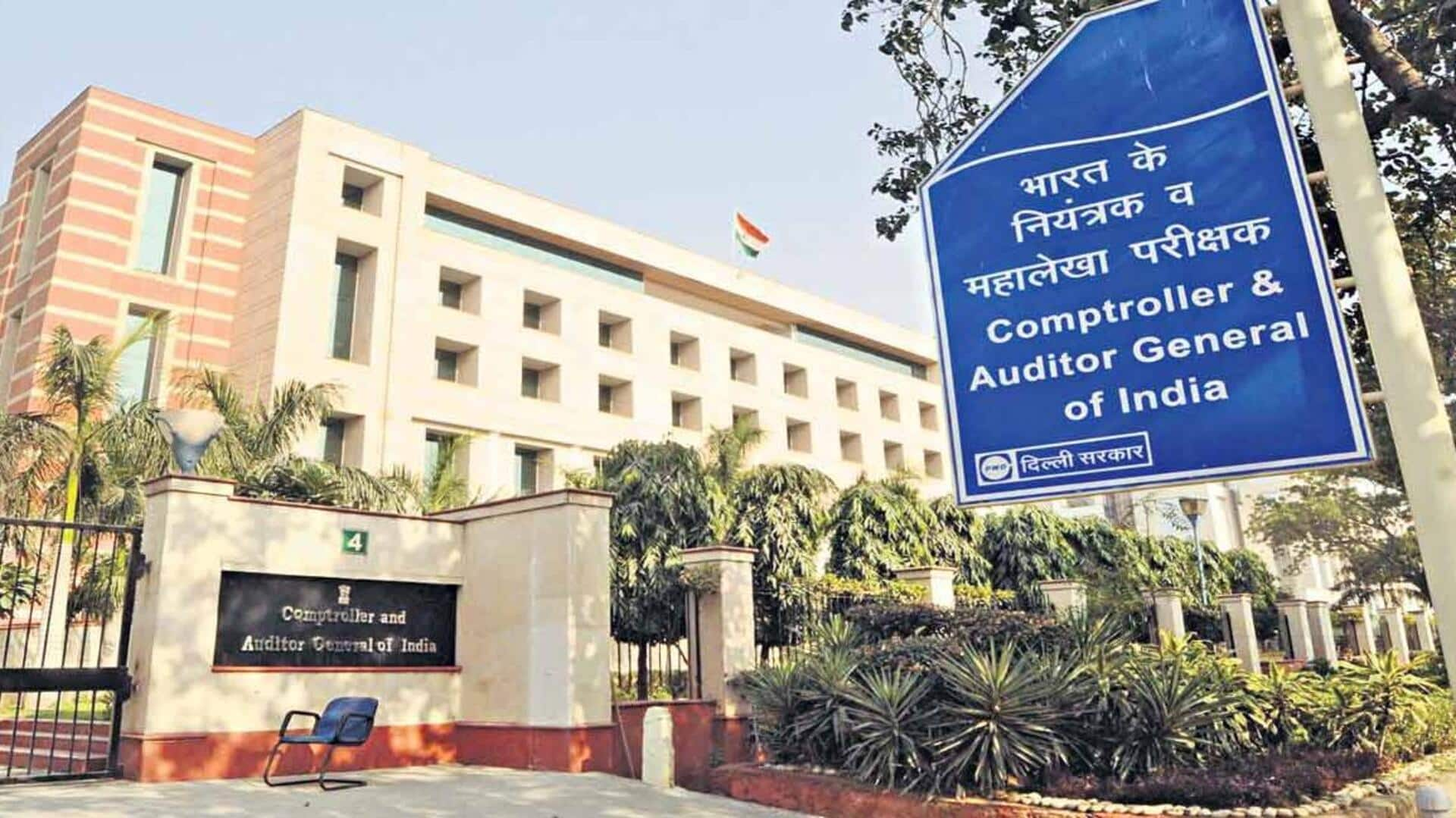
CAG will now use AI and machine learning for auditing
What's the story
The Comptroller and Auditor General of India (CAG) is set to revolutionize its auditing process by integrating generative artificial intelligence (AI), machine learning, as well as optical character recognition. The move aims to speed up work and lessen the manual burden on auditors. Deputy CAGs A.M. Bajaj and K.S. Subramanian revealed this in an interview with Mint, highlighting the potential of these technologies in improving audit efficiency.
Technological integration
Technologies to be used for various audit processes
The CAG plans to use these advanced technologies for various audit processes, including voucher verification and risk detection. The deputy CAGs said that this would greatly reduce the manual workload, improve anomaly detection, and allow predictive identification of high-risk areas. This would make audits more focused and data-driven, thereby improving overall efficiency in the auditing process.
Strategic shift
CAG adapting audit practices for India's growing economy
The CAG is adapting its audit practices to keep pace with India's growing economy and complex governance structure. The federal auditor now has jurisdiction over more than 700 central public sector units, 1,600 state enterprises, 485 central autonomous bodies, and thousands of panchayats and urban local bodies. This shift highlights the changing nature of public service delivery in India.
Capacity building
MoUs signed with leading institutions
The CAG has signed eight MoUs with leading institutions like IIT Madras and IIM Ahmedabad to co-develop specialized curriculums. "For capacity building, we are training audit staff in AI, data analytics, cybersecurity, and public policy at top institutes," Bajaj said. A nine-month AI and cybersecurity diploma program is underway at IIT Madras for CAG officers with modules on environmental audit, ESG reporting, procurement, as well as non-cognitive skills.